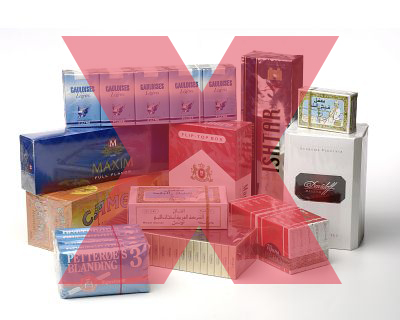Source: South China Morning Post
I arrived in Hong Kong to begin working in community medicine and public health on July 11, 1988, at 2.30pm. Like one of my 19th-century predecessors from Aberdeen University medical school, Sir James Cantlie, I was captivated by the beauty of the seascapes and landscapes of the Hong Kong archipelago.
My camera and tripod were a permanent fixture on the balcony looking over the western harbour towards Lamma, Cheung Chau and Lantau. Although several districts of Hong Kong had significant pollution problems, I recall the biting clarity of the views on many days. Since then, average daily visibility has progressively declined to only 12 kilometres, landscapes are filtered through a grey blanket and the tripod has been packed away. Each kilometre decline in visibility is a signal of our state of health, and is causally related to daily illness episodes and deaths.
In 1988, my involvement in environmental health was initiated by Lee Wing-tat, then chairman of Kwai Tsing District Council.
His members were deeply concerned about the effects of high sulphur dioxide levels on children, and asked if we could provide support for pollution abatement on health grounds.
We demonstrated that children in Southern district enjoyed better respiratory health and less need for health care than those in Kwai Tsing. On July 1, 1990, a new ordinance modestly restricted fuel sulphur content. There was an immediate, large-scale beneficial impact on air quality, child health improved and differences between districts declined. But much remained to be done and our efforts since have simply not matched the size of the problem.
Hong Kong’s prosperity (SEHK: 0803, announcements, news) has long provided a protective envelope for population health. This is now being seriously eroded by the intense pollution exposures, which damage lungs and blood vessels, and potentially harm everyone. It is ironic that, in a region where two decades ago the government took a decisive step to reduce urban pollution, we are now unable to make essential decisions to protect child health. Hong Kong’s air pollution is fostering an epidemic of health problems that will extend through the rest of this century.
Because of its vast resources, Hong Kong has the best opportunity in Asia to protect younger generations against the inevitable health hazards, predominantly environmental and lifestyle in origin, of the emergent megalopolis of southern China. This will need a decisively new approach to public health protection. Resources to combat infectious disease have been provided, but those needed for other environmental health priorities in Asia’s “world city” are sadly lacking.
The world’s league tables for prosperity are scaled according to trade figures and gross domestic product per capita. I used to teach that these were the principal determinants of health and life expectancy, but today in Hong Kong that is a recipe for complacency.
Arrogance and hubris stemming from our economic success could lead to the neglect of essential public health measures. We are failing to ensure, in our high-performing economy, that inequalities in health are matched by avoidance of inequity in health protection. While a proper sense of duty to provide care should drive health protection legislation, it is now clear that vested interests and government inaction are a direct threat to the health of those most vulnerable. Hong Kong needs a new model for public health advocacy, risk communication and mandatory protection measures to address the explosive changes in urban living.
Rigorous science is vitally important to support the evidence base, but public health is not anyone’s exclusive intellectual property. It must become a truly multi-sectoral effort both within and outside of government. I have learned that broadly based community action is critically important to fill the gaps in health protection created by bureaucratic inertia and obstruction in the Legislative Council. We had skilled champions in Legco to steer tobacco control through the 1997 bills committee; we now need champions to embrace even wider concerns for environmental health. The forum on air quality created by the coalition between universities and NGOs, led by Civic Exchange, is a promising starting point for a stronger, community-based movement for environmental protection. It may even give the government the confidence it lacks to take radical action to protect our health.
Stories about so many important health threats have very short half-lives in the media. Tobacco and air pollution have been unusually robust in that respect, but the resolution of our air pollution problems will take decades unless there is a radical change of policy. The flag-bearers for future evidence-based environmental protection must obviously come from today’s school population. We must focus on developing sustainability in both environmental science and advocacy; it cannot depend on the few.
I have enjoyed and benefited from the opportunities to contribute to health care in Hong Kong. It made an enormous difference to my professional and personal quality of life, and I never wanted to be anywhere else. However, unexpected medical problems and advancing years have made me more vulnerable to the biological stress of poor air quality.
I have received frequent calls to my office over many years seeking advice, from both locals and expatriates on four continents about pollution effects on family health. Many choose not to come or stay; others discount the hazard and come. They all have a choice, in contrast to the majority who depend on government to provide environmental security. They are paying dearly to breathe dirty air, but successive environment ministers say they must pay even more for clean air.
I am fortunate to be able to relocate to cleaner air, but our real concern should be to put in place measures ensuring that every child in Hong Kong is guaranteed their right to clean food, clean water and clean air, now and in the future.
Anthony Hedley is honorary professor at the School of Public Health, University of Hong Kong, and is now breathing the pristine air of the Isle of Man in the middle of the Irish Sea





